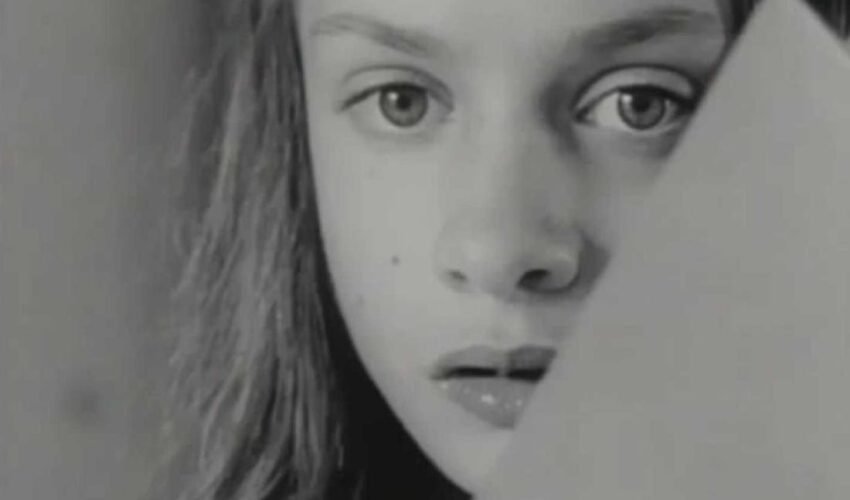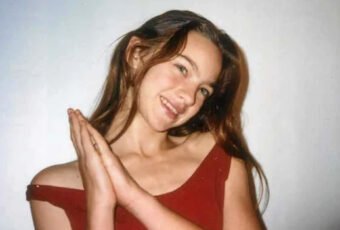Thirteen-year-old Susan Wiley was discovered by Los Angeles Child Services on November 4, 1970. She appeared to be only six years old and was incapable of basic self-care tasks like walking, feeding herself, or using the restroom. Despite her age, Susan weighed less than 60 pounds and had an unusual gait due to being confined for an extended period.
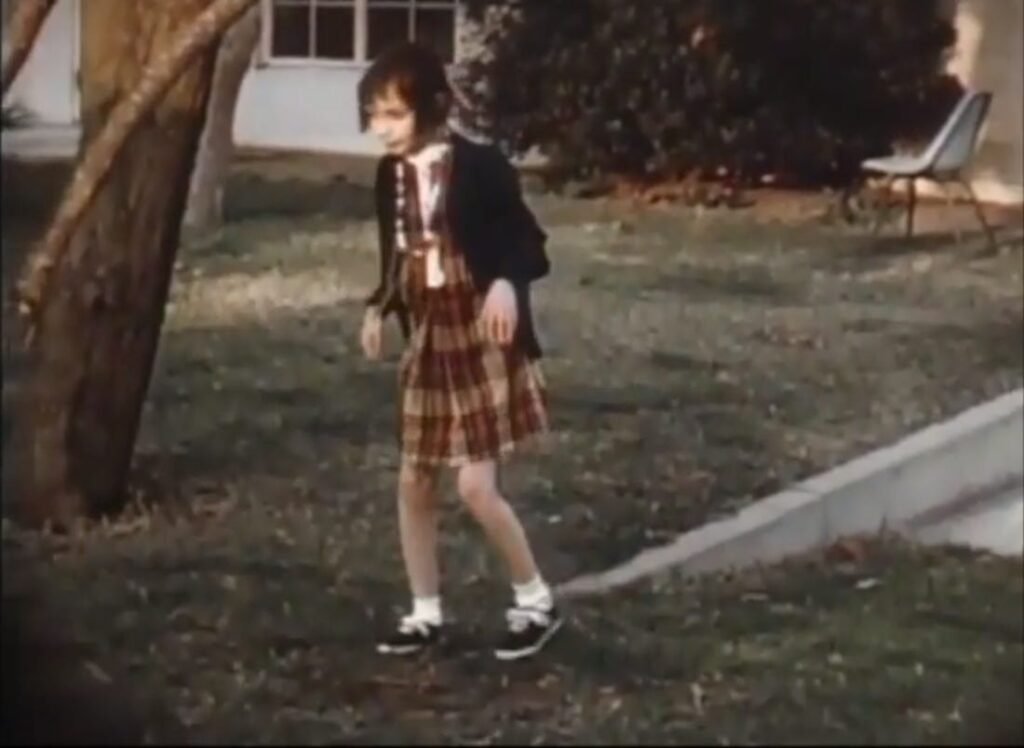
After authorities discovered Susan Wiley’s condition, they started investigating her parents, Irene and Clark Wiley. The investigation revealed that two of their children had died shortly after birth. Another one of their children had lived with Clark’s mother until she passed away unexpectedly. The fourth child was Susan, also known as “Genie.” Her mother, Irene, had almost lost her vision due to an accident during her childhood.
Her Family Locked Her In A Room
Genie, also known as Susan Wiley, was born in 1957, five years after her older brother. It was around this time that her father began to isolate his family from others. At birth, Genie weighed in at the 50th percentile, but the following day she exhibited signs of Rh incompatibility and required a blood transfusion
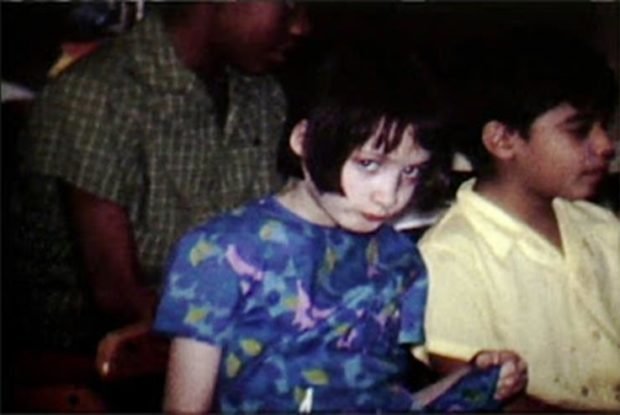
Three months later, a medical check-up showed that she was gaining weight almost normally, but she was diagnosed with a congenital hip dislocation which required her to wear a highly restrictive Frejka splint from the age of 4 1⁄2 to 11 months. Genie’s early medical records indicate that she showed no signs of impaired mental development from birth.
When Genie was around 20 months old, her father began keeping her locked in a room. During this time, he would often restrain her in a child’s toilet or a crib with her arms and legs immobilized. He forbade anyone from interacting with her and gave her minimal stimulation of any kind, leading to severe malnourishment.
Genie’s isolation was so extreme that she was not exposed to much speech during her childhood, which caused her to not acquire language. It wasn’t until Genie was 13 years and 7 months old that her abuse was brought to the attention of Los Angeles child welfare authorities in November 1970.
Her Family Fed Her As Little As Possible
Genie’s father kept her in the second bedroom at the back of the house while the rest of the family slept in the living room. He purposely fed her very little and refused to give her solid food, limiting her diet to baby food, cereal, pablum, an occasional soft-boiled egg, and liquids.
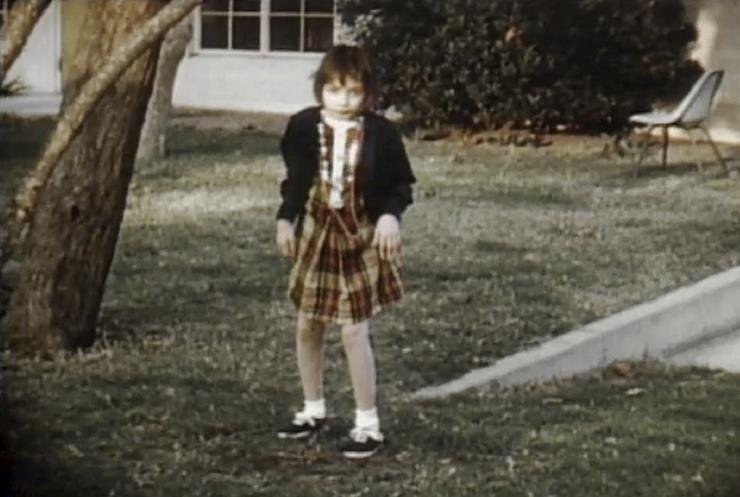
Genie’s family treated her with disgust, often forcing spoonfuls of food into her mouth as quickly as possible. If she choked or didn’t swallow fast enough, they would rub the food on her face. According to Genie’s mother, she was not allowed to feed Genie and could only give her food late at night around 11:00 PM.
Genie Was Physically and Emotionally Abused
Genie’s father had an extreme hate to noise, going so far as to forbid his wife and son from speaking in the house. If they did, he would mercilessly beat them, especially in Genie’s presence. Additionally, if Genie made any noise, he would punish her by beating her with a large wooden plank that he kept in her room. During feeding times, if Genie attempted to make any sounds, Clark would beat her until she was silent.

To silence her, he would bare his teeth, bark, and growl at her like a wild dog, and even scratch her with his fingernails. If he suspected that she had done something he disapproved of, he would make these noises outside her room’s door and beat her if he thought she continued doing it, causing Genie to develop an intense fear of cats and dogs.
When authorities arrived at the Wiley residence to investigate child abuse allegations, they found that Genie had been grossly neglected. She was filthy, had never been bathed, and was wearing a soiled diaper since she had never learned to use a toilet. Her father had bound her to a potty chair using a cloth and had also chained her to a crib that was covered in wire mesh, rendering her immobile.
Genie’s mother was a passive individual who frequently bore the brunt of her husband’s rage. Clark continued to physically assault her and even threatened to kill her if she attempted to reach out to her parents or anyone else who lived in the area.
Clark and Irene’s Daughter Was Killed By Neglect
Clark and Irene Wiley’s marriage was marked by abuse, with Clark subjecting Irene to physical violence and controlling her every move. Clark was an indifferent and neglectful father, as evidenced by the mistreatment of his children. Their first child, Dorothy Irene, was born in 1948, and Clark began to display a strong aversion to sound soon after her birth. He would become upset when she cried and would leave her in the garage, leading to her contracting pneumonia and dying soon after.
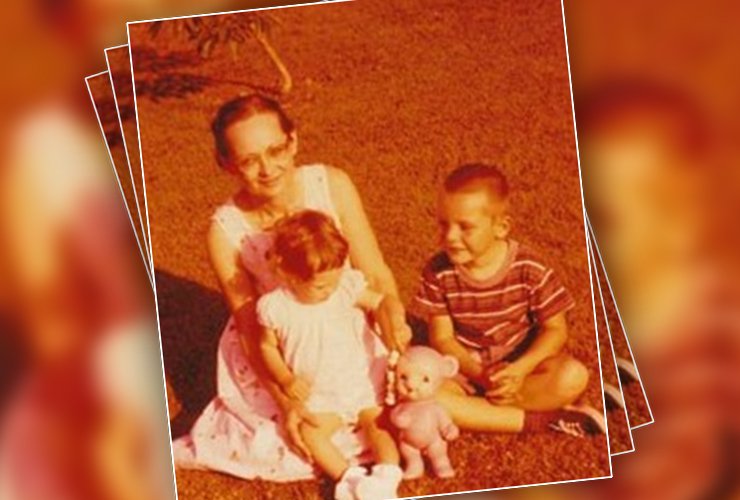
Their second child, Robert Clark, was born in 1949 but passed away only two days later, possibly as a result of neglect. The couple had another child, John, in 1952. When John was four years old, he was sent to live with his grandmother, but after she was killed in a hit-and-run accident two years later, he returned to his family.
Genie Wasn’t Rescued Until she was 13
At the age of 13 and a half, Genie witnessed her parents getting into a heated argument, during which her mother, Irene, made it clear that she would leave unless she could contact her own parents. The next day, when Genie’s father, Clark, left the house, Irene took Genie along with her to visit her parents in Monterey Park. Genie’s brother had already left the house and was currently staying with his friends.

Genie’s mother took her to the social service office on November 3, three weeks after attempting to apply for disability benefits for the blind. Due to her poor eyesight, Genie’s mother mistakenly entered the general social service office next door, where a social worker noticed Genie’s unusual appearance and age. Shocked to learn that she was 13 years old, the social worker suspected that Genie might have autism. Concerned about her well-being, the social service office contacted the police, which led to the arrest of Genie’s parents and Genie becoming a ward of the court.
At the time, Genie weighed less than 60 pounds (27.22 kg) and looked like a six or seven-year-old child. She appeared to be severely malnourished and showed signs of physical and emotional neglect. According to her mother, Genie’s father had beaten her severely, making it difficult for her to interact with Genie. Despite her best efforts, Genie’s mother also struggled to provide enough food for her daughter, who often couldn’t eat. Eventually, the court dropped the child abuse charges against Irene,
Life of Genie after her family
The court ordered Genie to be taken to Children’s Hospital Los Angeles due to her physical condition. When she arrived at the hospital, she was malnourished, weak, and covered in filth. Doctors noted that Genie walked with difficulty, constantly spat, and couldn’t fully straighten her limbs. Her muscles were severely underdeveloped, and she was unable to feed herself. Further evaluation revealed that she had trouble chewing and swallowing food. Additionally, due to her parents’ neglect, Genie had never been taught how to use a toilet and was completely incontinent.
Genie’s gross motor skills, such as standing up straight and using her limbs effectively, were extremely weak. She had very little endurance and walked with a distinctive “bunny walk,” holding her hands in front of her like claws. These skills typically develop during childhood as a part of a child’s learning and growth, but Genie’s neglectful upbringing had severely hindered her physical development.
During meals, Genie would hold any food that she couldn’t swallow in her mouth until it was broken down by saliva. If it took too long, she would spit it out and mash it with her fingers.
Due to her muteness and apparent difficulty in understanding language, assessing Genie’s cognitive abilities proved challenging. However, she did respond to her name at times. Her assessment showed that she had the cognitive capacity of a one-year-old child. Although she did not have any mental or physical illnesses, she was not diagnosed with autism either.
Genie’s Stay At Hospital
After being assigned to physician James Kent, Genie initially showed no signs of responsiveness. However, Kent eventually managed to draw out a small amount of nonverbal and verbal responses from her by using a puppet, and playing with it became Genie’s favorite pastime.
Under Kent’s care, Genie began to learn how to dress and use the toilet independently. Kent tried to build a normal friendship with her and accompanied her on walks and to all of her appointments.
Over time, Genie started to grow and gain weight. She gradually became more confident in her movements and developed good hand-eye coordination.
When asked about her experiences at home, Genie spoke hesitantly:
Father hit arm. Big wood. Genie cry. […] Not spit. Father. Hit face – spit […] Father hit big stick. Father angry. Father hit Genie big stick. Father take piece wood hit. Cry. Father make me cry.
More harm than good?
There are concerns that the researchers who worked with Genie may have caused her more harm than good. Some people question whether the constant testing may have hindered her recovery.
At one point, Genie was living with researcher Jean Butler, who quarantined her during a measles outbreak and kept her away from other scientists. Butler was very invested in Genie and had expressed her desire to be compared to Anne Sullivan, Helen Keller’s renowned teacher. Butler even applied to become Genie’s foster parent, but her request was denied by the court.
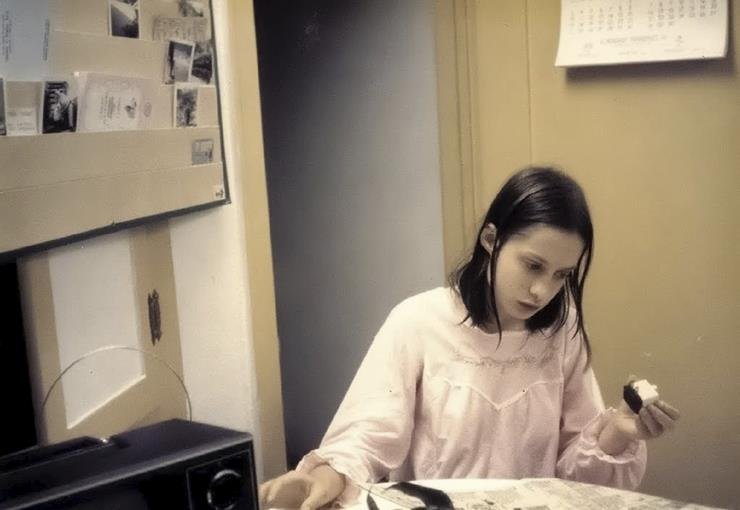

Despite conducting numerous tests, the researchers were unable to arrive at any conclusive results. As a result, funding for the case study was cut, and Genie was placed in foster care by the state.
Genie never learned to communicate
Due to the challenges of finding a suitable home for Genie, she was frequently relocated between different foster care facilities, leading to a decline in her language skills due to a lack of consistent care. Despite making progress in her early years, Genie’s inability to communicate and the severe abuse she endured left her with lasting developmental issues.
Clark and Irene were charged with child neglect and abuse. Clark, on the other hand, shot himself at the courthouse on the day of the trial. He’d written a note that said, “The world will never understand.”
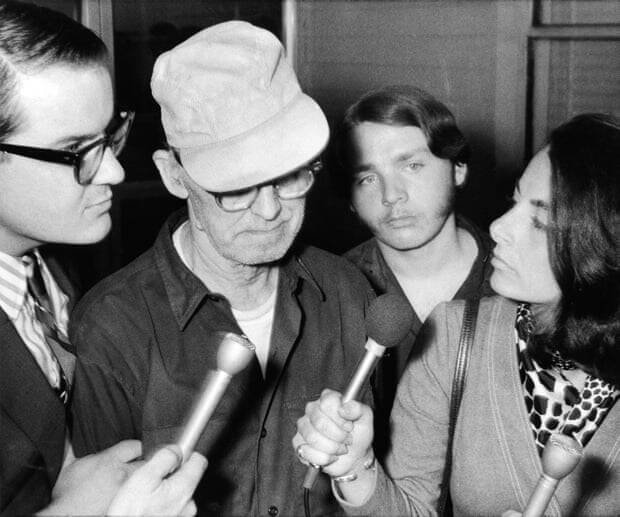
Irene, who had also suffered abuse at Clark’s hands, claimed that she had not fully understood the extent of Genie’s mistreatment. In 1975, the charges against Irene were dropped, and she briefly regained custody of Genie before returning her to foster care. Irene passed away in 2003, while John, who had run away from home, died in 2011 at the age of 58.
Where is Genie now?
Genie currently resides in a foster home in California, where she maintains a solitary existence due to a traumatic incident in her past. After her foster parents punished her for vomiting, Genie withdrew from all forms of communication and interaction, assuming a hunched posture and avoiding eye contact.
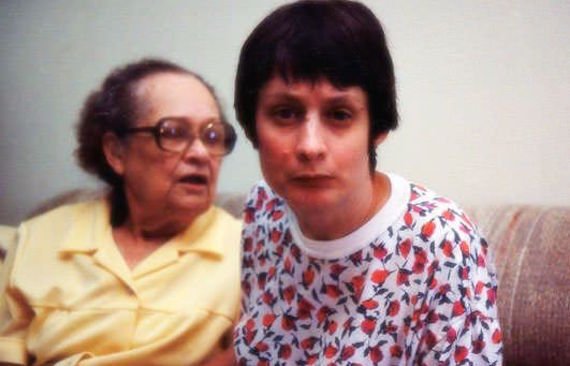
Since then, Genie’s life has been shrouded in secrecy, with no updates on her progress being shared. She has lost touch with the doctors who once treated her and is currently prohibited from any contact with outsiders. Unfortunately, despite attempts at rehabilitation, Genie has yet to show any significant signs of progress toward her development.
Read more from the website:-
